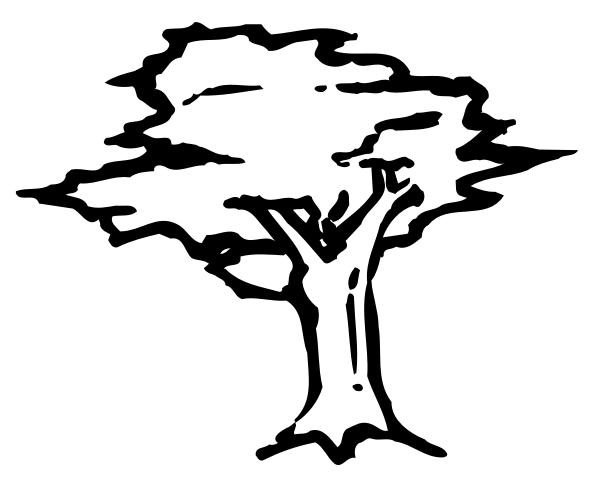I entered college as a computer science major, but was quickly — and fortunately — dissuaded from that path after an awful first semester. By my next semester, I had declared journalism as my new major. The switch, for the most part, was arbitrary. In fact, I didn’t even completely choose it myself. Instead, I polled my friends for my new major. I gave them a list of majors which I was considering— psychology, English, or journalism — and asked which I should go with. Journalism was the answer by a comfortable margin.
To me, computer science was purely a mode of making money. Retiring as soon as possible to focus on my writing was always the plan. When computer science fell through, I took it as a sign that, whatever major I was to go into next, it had to involve writing in some capacity. So, journalism seemed like the best next step. I knew, though, that journalism wouldn’t scratch the writing itch I had by its own merit. I enjoy all kinds of writing, but the kind I really wanted to do was creative writing. There isn’t enough money in creative writing to make a living off of (not that there’s much money in journalism, either) so I knew creative writing would be something I did on the side. So, I signed up to take Introduction to Creative Writing (ENGL3800W).
I hadn’t done much in the way of creative writing, at least in terms of putting a pencil to a page. I had started maybe one or two short stories, but they would run out of steam quickly. It felt as though I were trying to swim the English Channel, but could only make it a tenth of the way out form shore before drowning the uncertainty of effective storytelling. Taking a creative writing class seemed like a great place to start, but there was another issue: I was terrified. As I said, I’ve always wanted to be a writer, and that desire, ironically, is what kept me from doing any actual writing. I could go on imagining myself as a great writer, so long as I never wrote anything to find out whether I was or not.
Signing up for a creative writing class was my way of facing what was, at the time, a very existential fear of mine. If I were to discover myself to be a lousy creative, then I would lose what had theretofore been a guiding light in my life. When it came time to submit our final short stories — the piece that would be the culmination of all that we had learned — I knew it had to be good.
I was still lost when it came to story — particularly when it came from getting from a story’s introduction to its conclusion — so, I decided that the safest play was to not bother coming up with an original story, but pull one from real life.
At the time, I was enthralled with this experimental album called “An Empty Bliss Beyond This World.” The album is essentially meant to be an auditory representation of the experience of dementia patients as their memories wither away. I wanted to do something in a similar vein, so I decided to write about my great grandmother, her life, and her experience with dementia.
I even decided to incorporate a dash of journalism into the writing process. I sat down with my grandmother for around three hours and recorded her as she recounted my great grandmother’s life and personality. I then took what I had, pared down the anecdotes until I had a handful which I felt captured who my great grandmother was, and began to write. Every morning for two weeks, I’d wake up at 6:30 a.m. to walk from my fraternity house to the UGA Main Library. I’d get breakfast from Einstein Bagels — a cappuccino and a plain bagel with cream cheese — and I’d go to the same exact spot on the 5th floor where I’d write until noon.
The following is what I ended up with…
